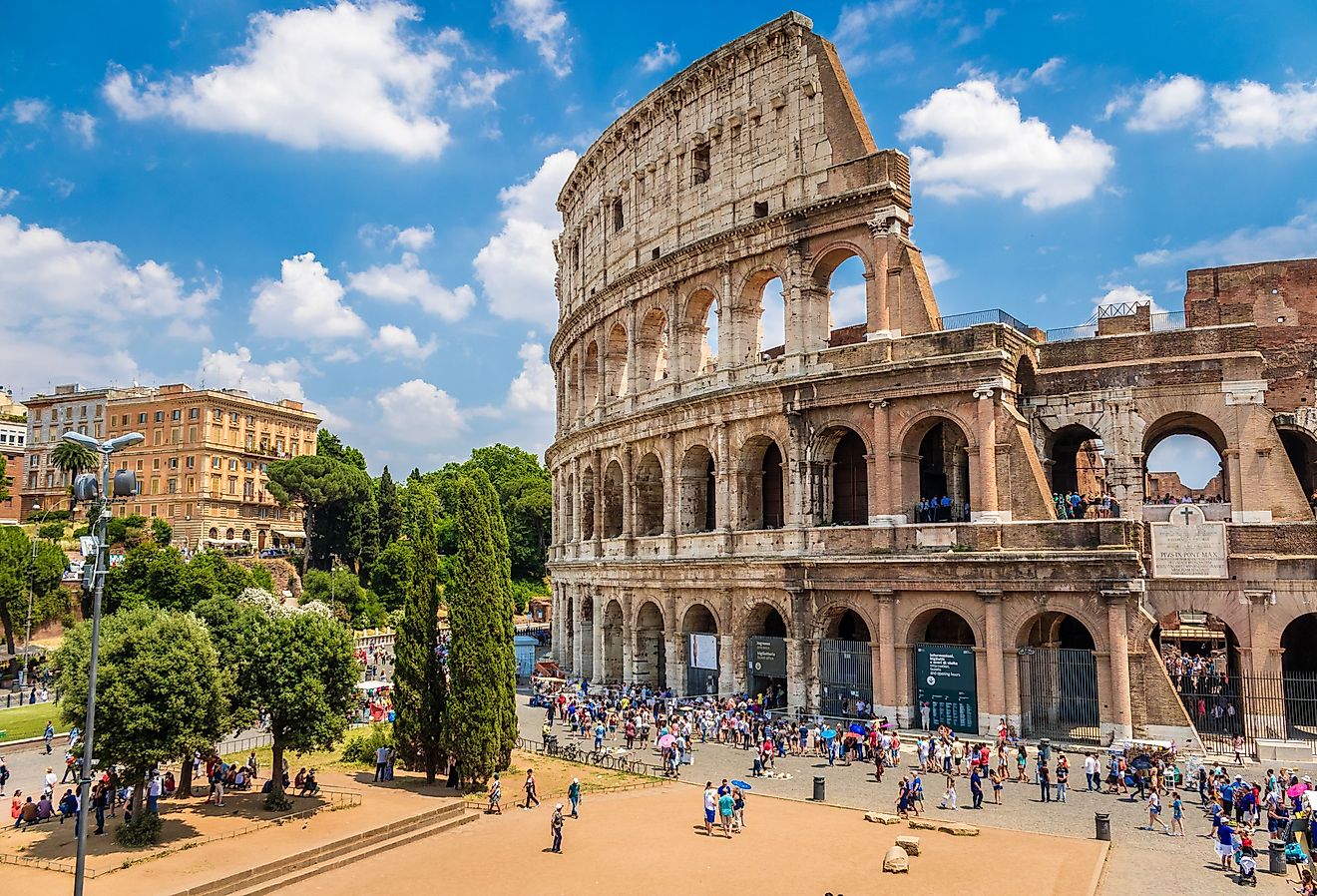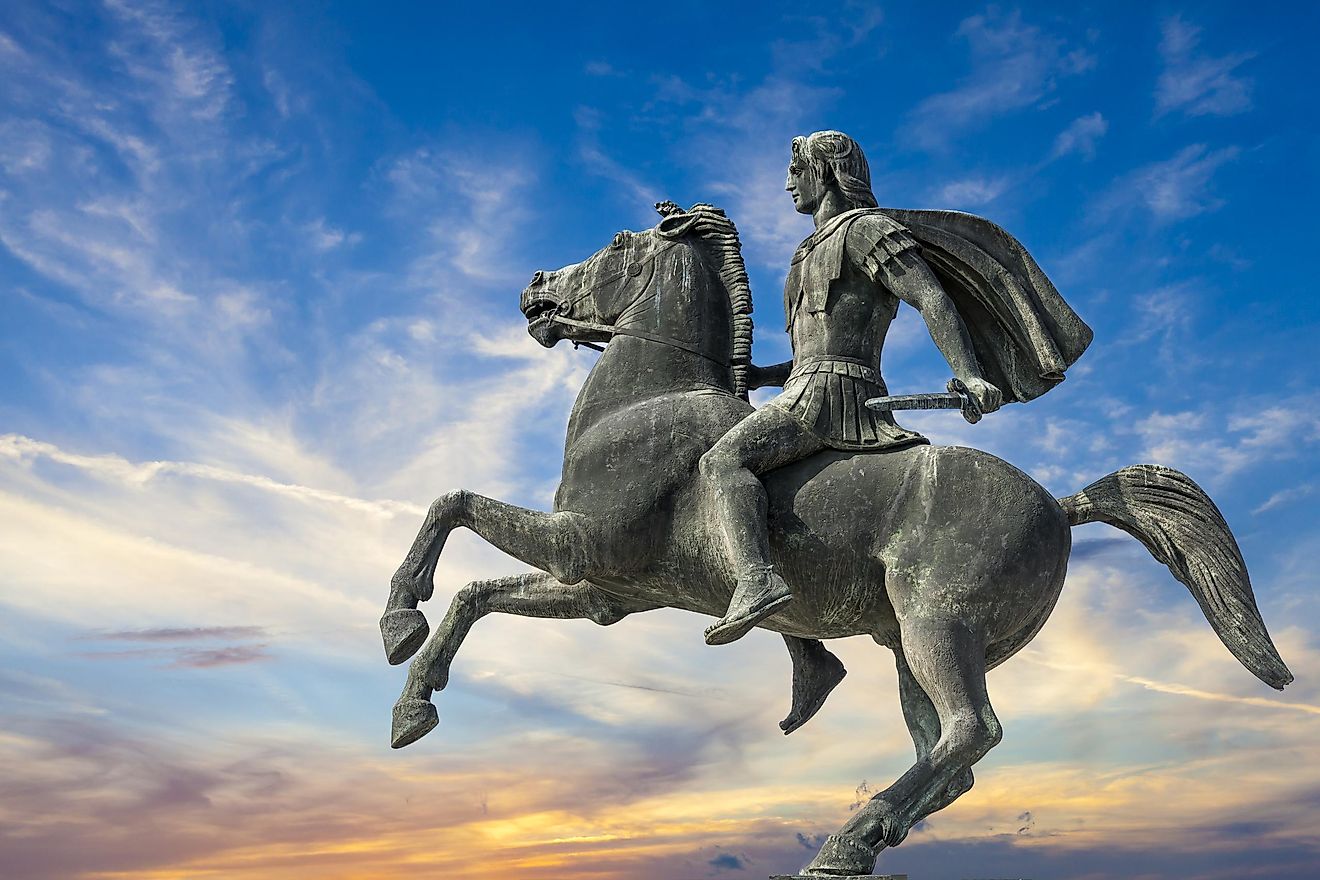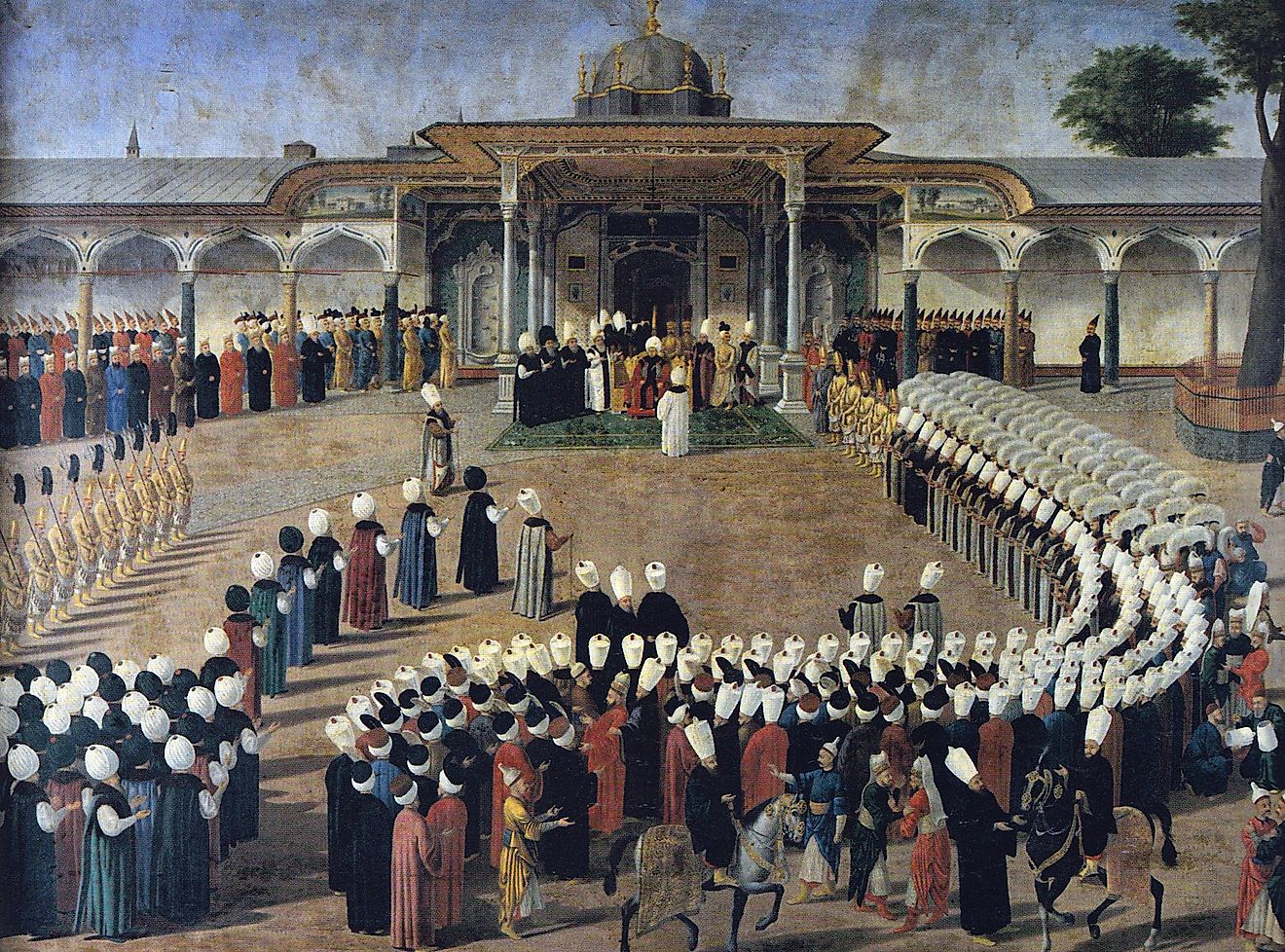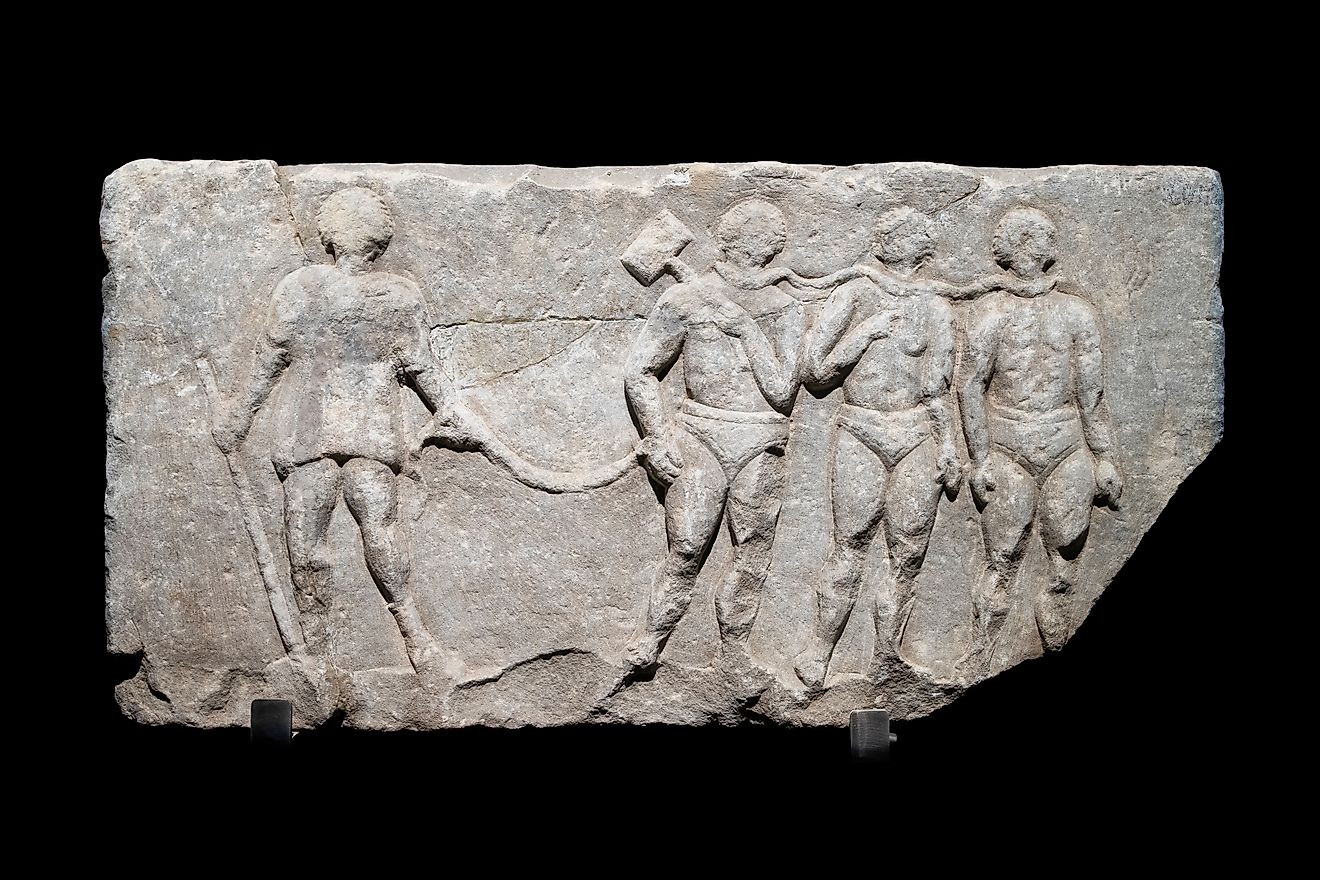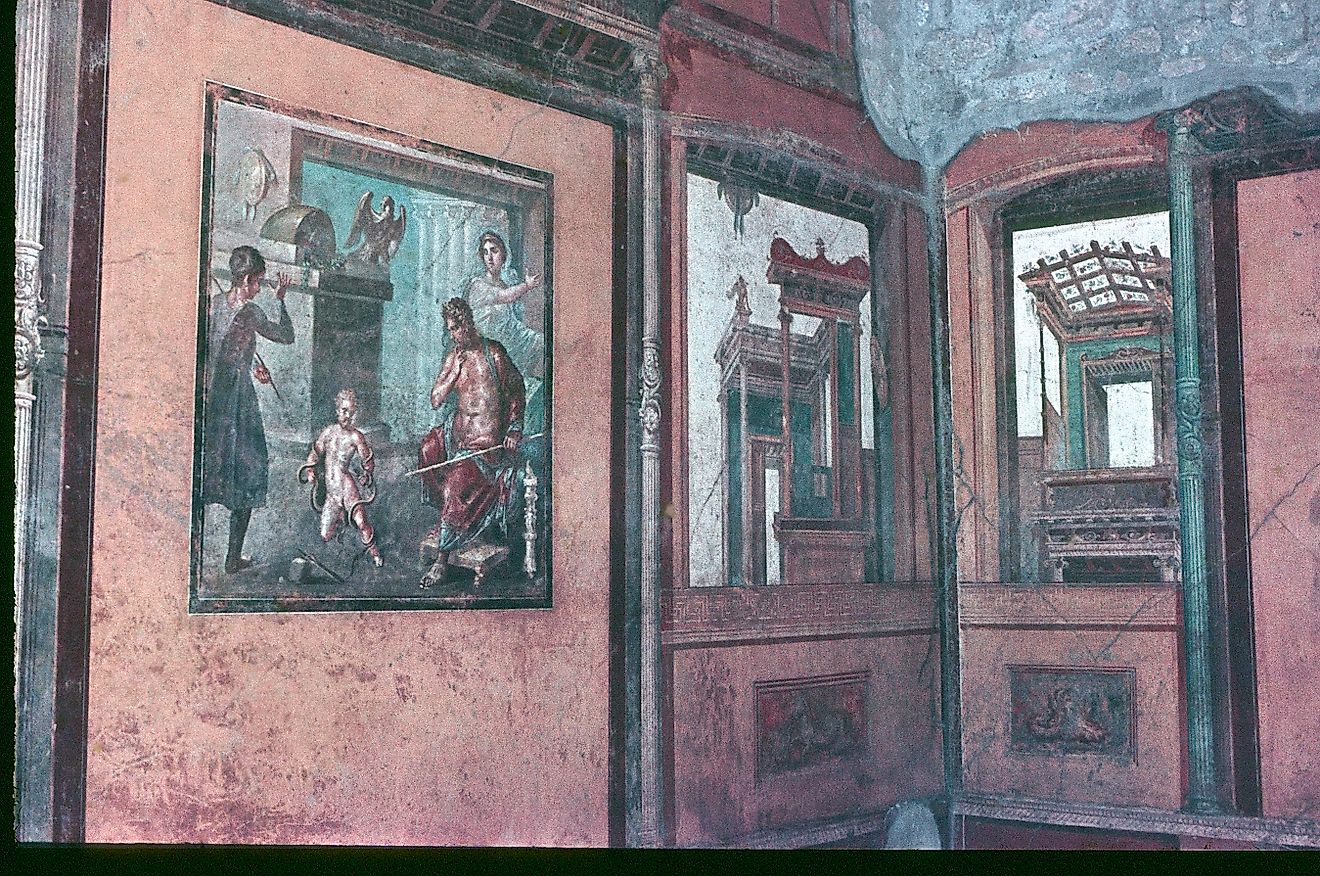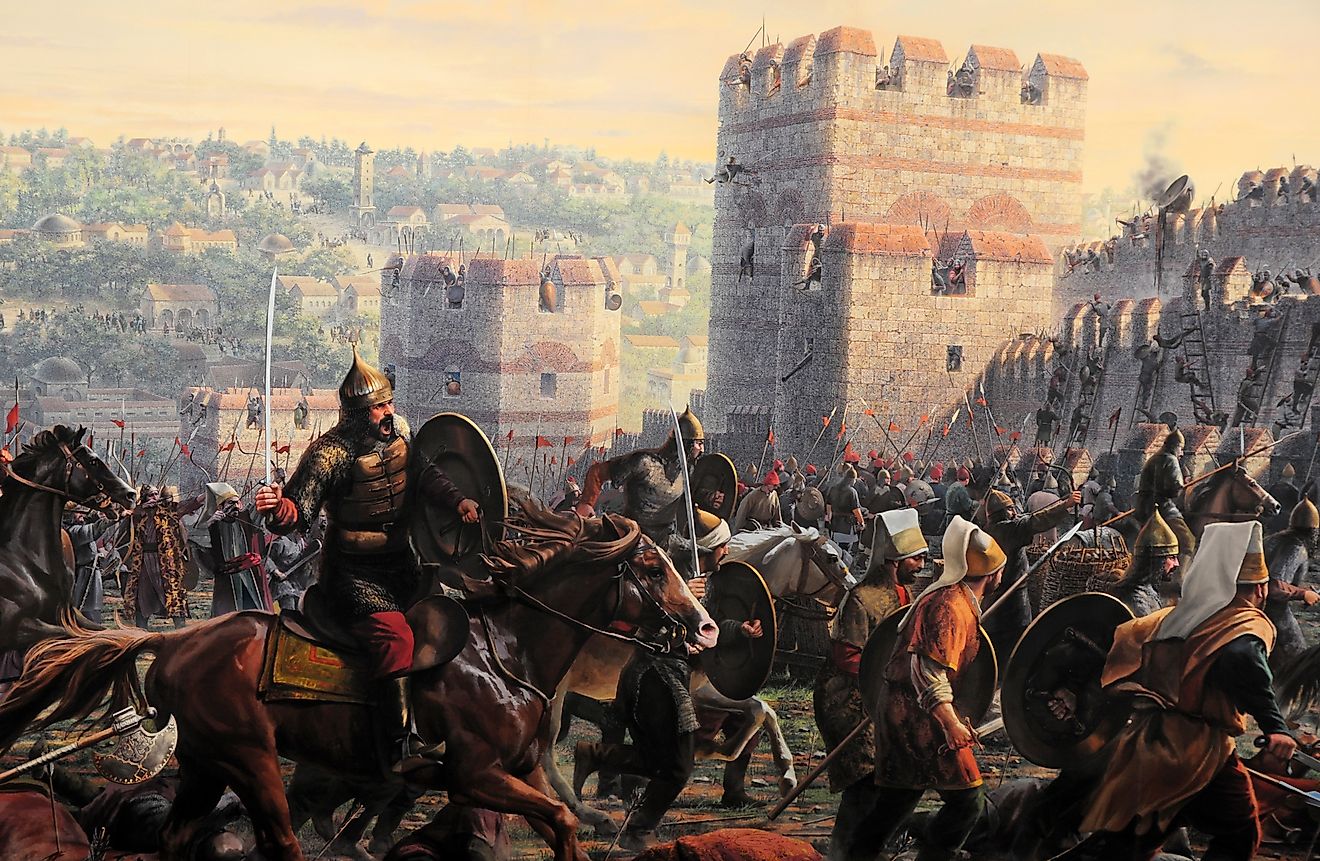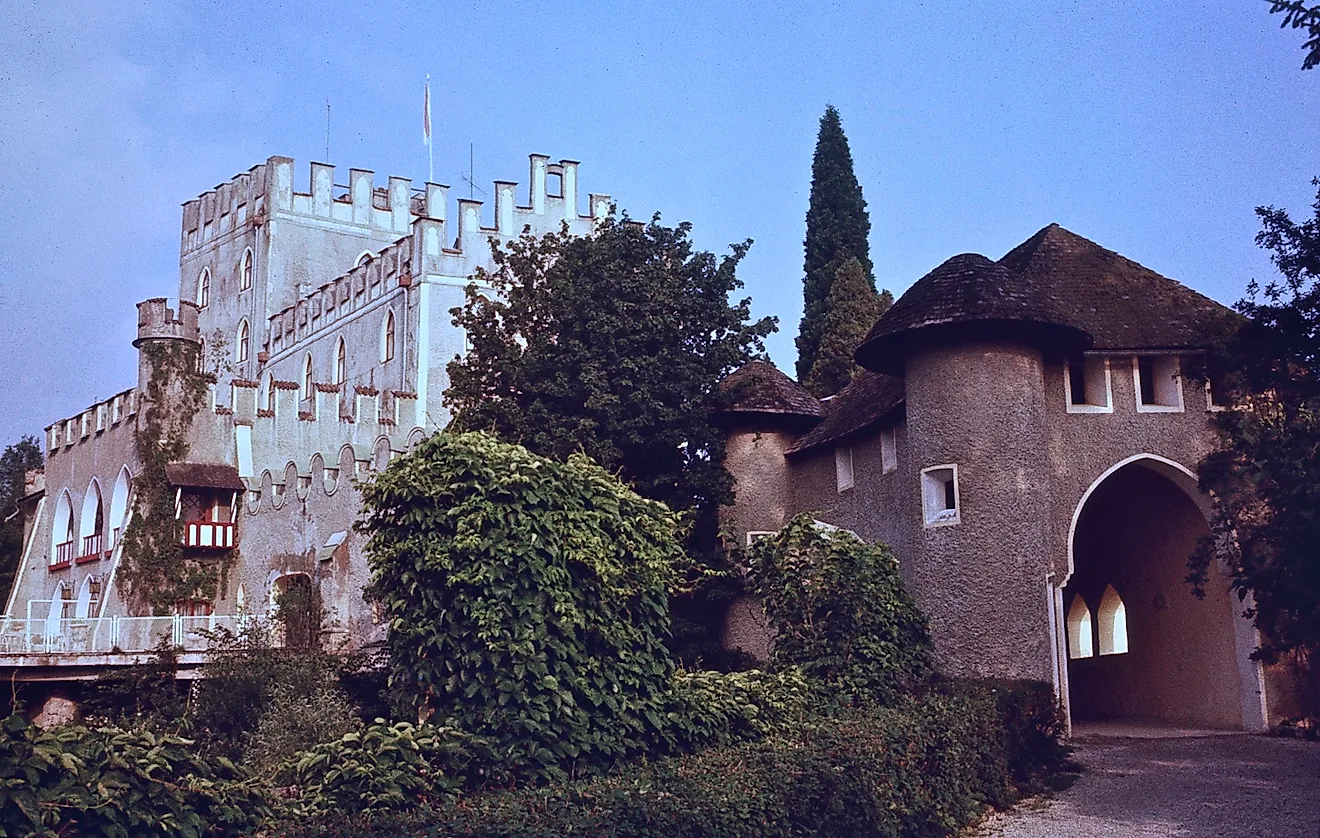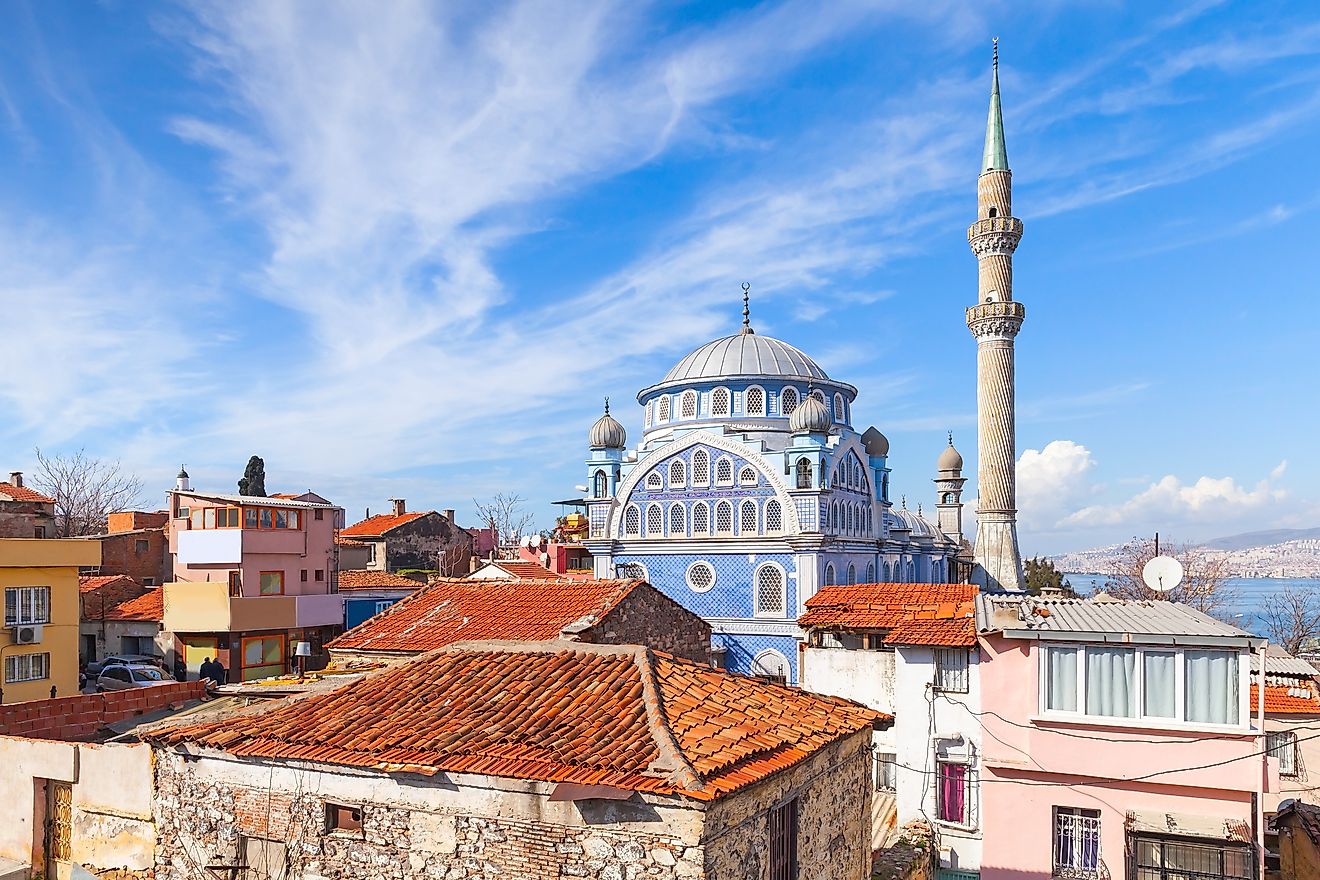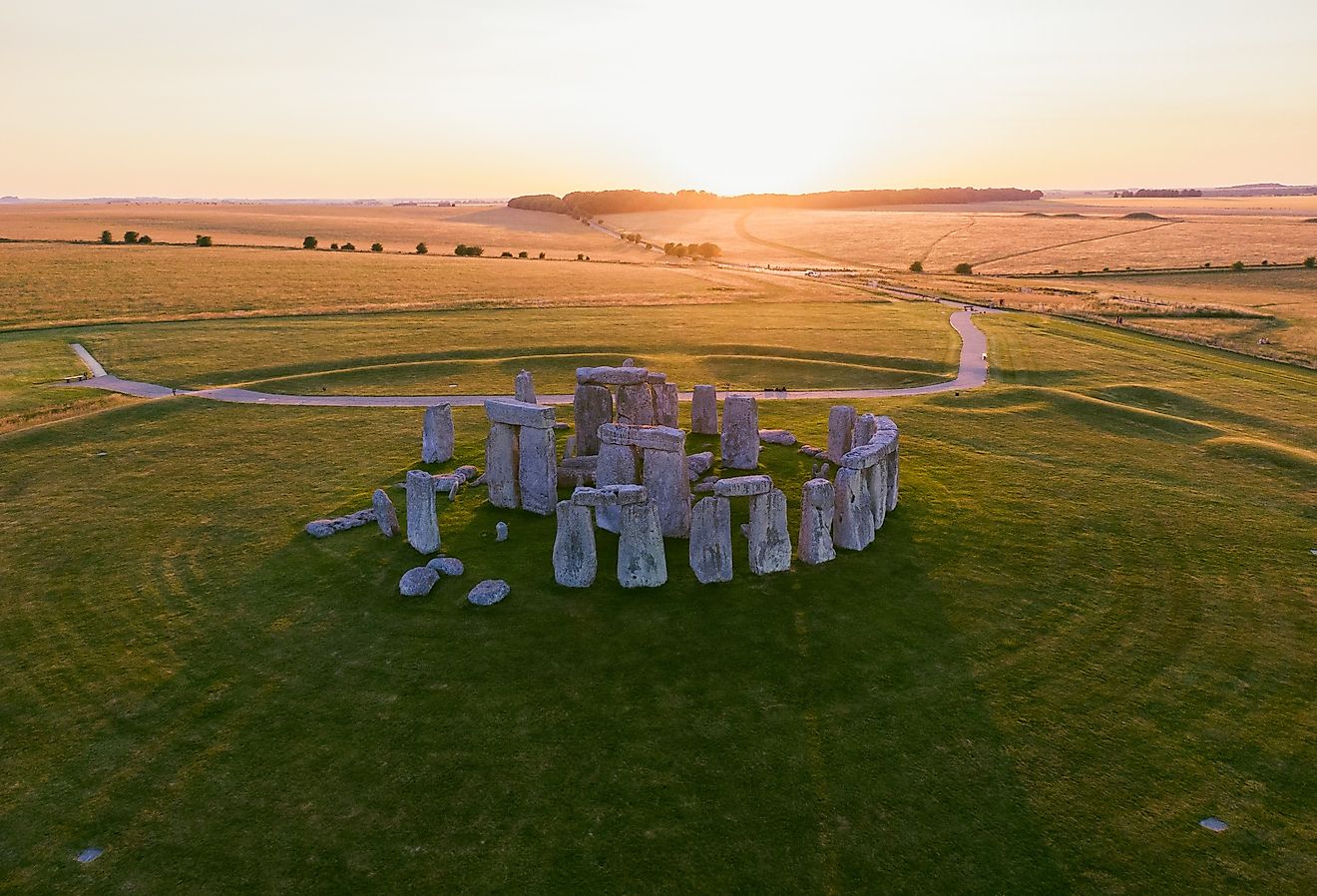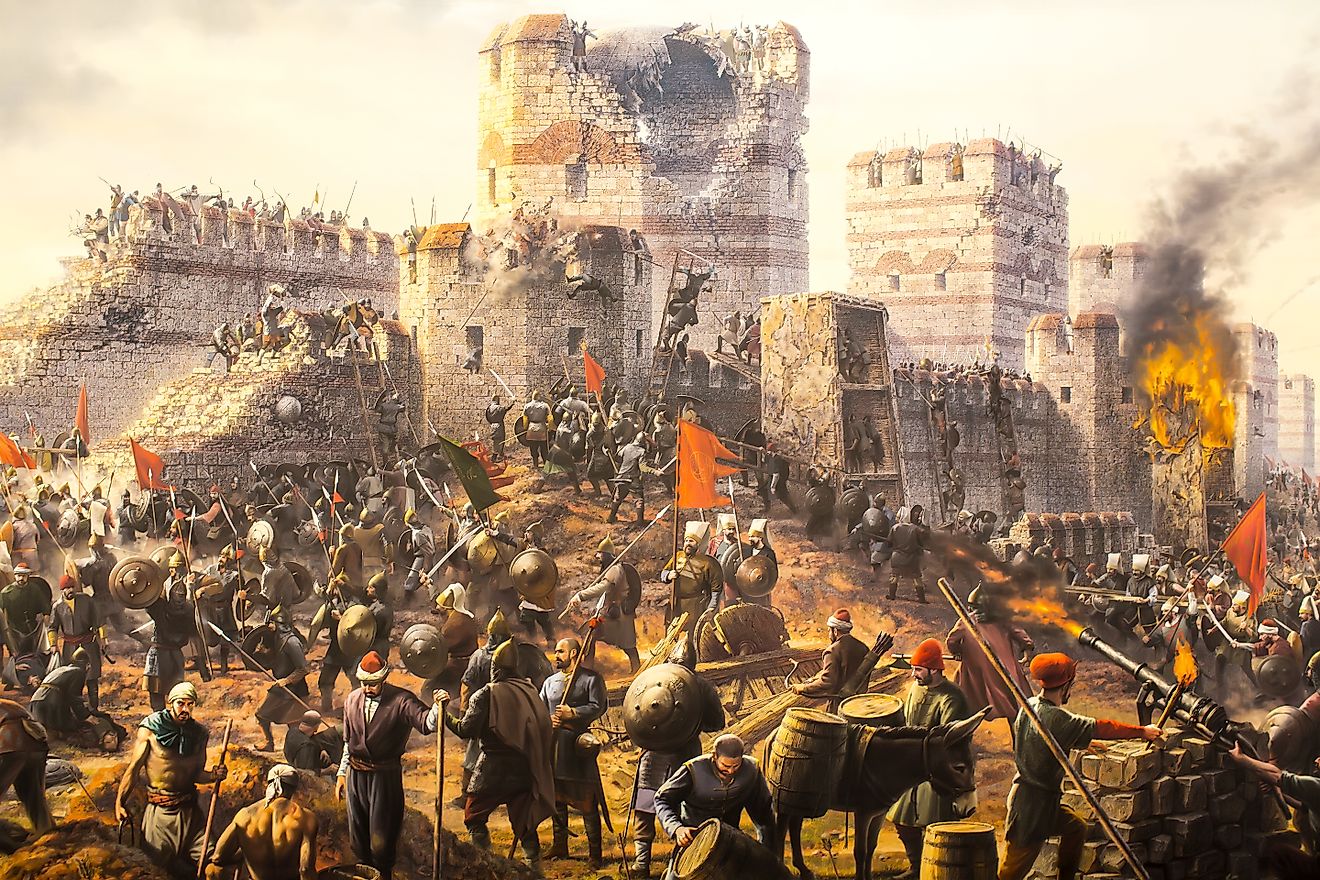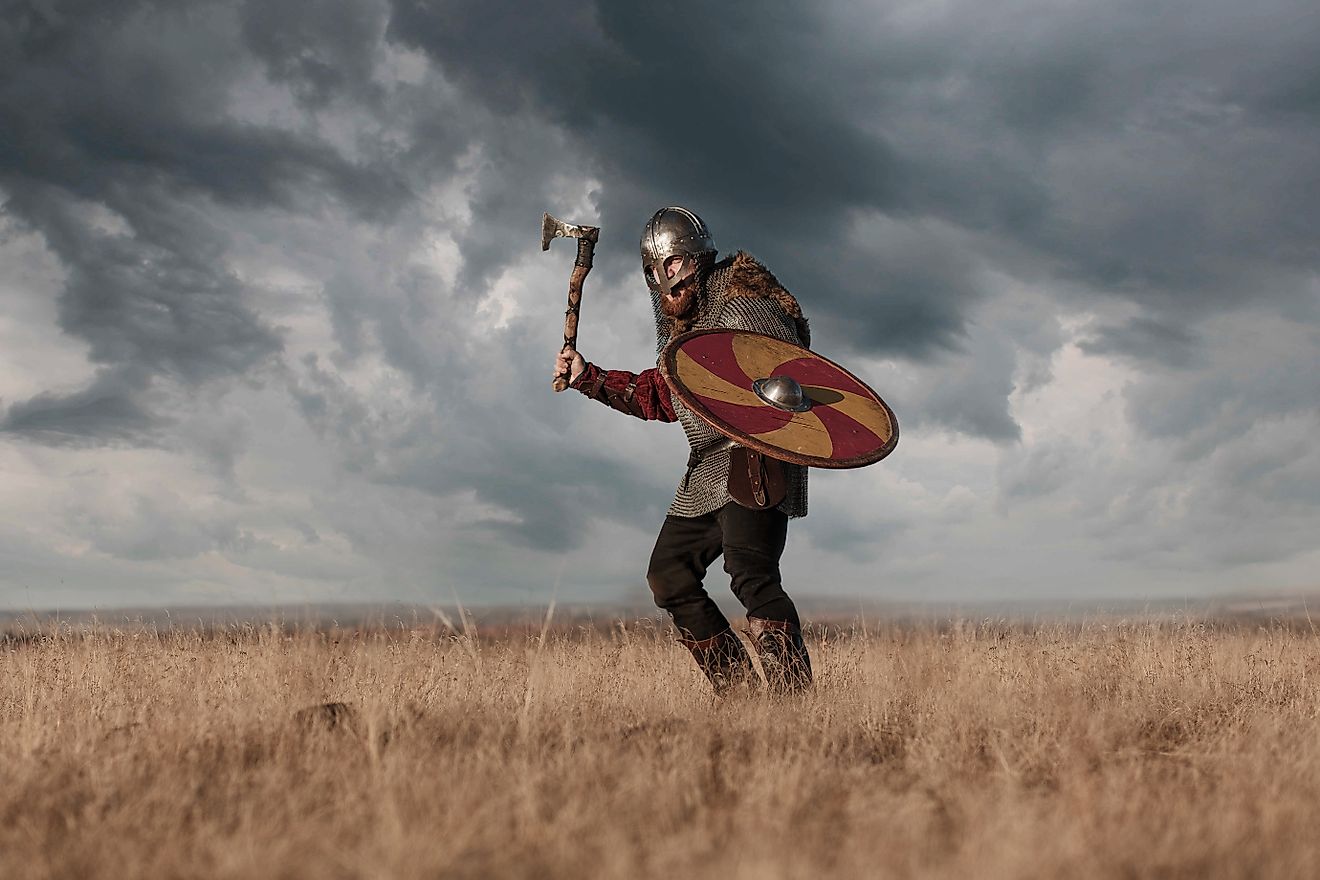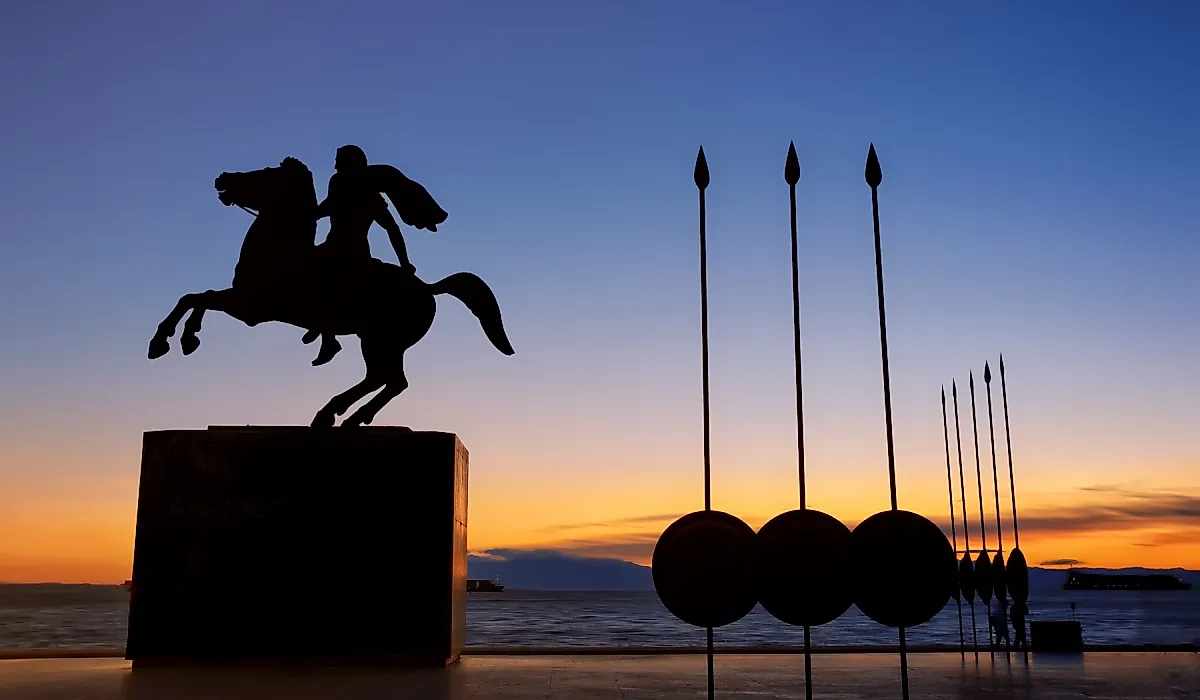
The Greatest Ancient Military Commanders
The ancient world was oftentimes a savage and brutal place where cultures clashed, rulers fought for territory, and empires expanded through conquest. Only the strongest survived, and a nation’s future depended on powerful leadership from razor-sharp military minds.
The following heroic commanders earned their place in the history books, winning land, influence, and power for their people. While they all share an aptitude for strategy and planning, their stories are unique. From the Roman general who singlehandedly built a dictatorship before meeting a grisly end, to the warlike Pharaoh who expanded the borders of ancient Egypt, it’s easy to see why these legends continue to captivate us, many centuries later. Read on to discover how these ancient military commanders made history and helped shape our modern world.
Thutmose III
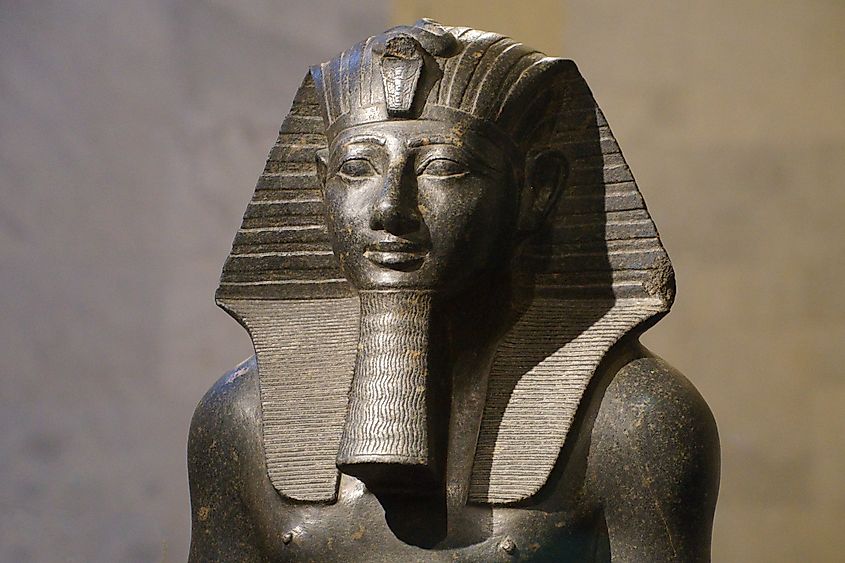
Known as one of Egypt’s greatest warrior Pharaohs, Thutmose III took power in the New Kingdom period, around 1450 BC. Too young to serve as ruler when his father died, Thutmose focused on gaining a well-rounded royal education while his stepmother Hapshetsut ruled in his stead. That education included military training at which the young Pharaoh obviously excelled, as he is remembered as one of the best strategists of the era who helped Egypt cement its reputation as a reigning superpower.
Thutmose III ruled Egypt for 54 years and, in that time, led at least 17 military campaigns. These are recorded in carvings on the Temple at Karnak, where elaborate inscriptions tell the story of key battles. One of the most impactful of these was in the city of Megiddo, in modern-day Israel. Looking to assert Egyptian dominance to the east, Thutmose III led an army to beat back Syro-Palestine forces. Surrounding the city of Megiddo, he oversaw a siege that lasted seven months before the opposing side surrendered. The Hebrew name for Megiddo, Har-Megiddo, gives us the root of the English word, armageddon.
Subsequent conquests in Mesopotamia and large-scale infrastructure projects spearheaded by Thutmose III led to a period of peace and prosperity in Egypt. He was succeeded to the throne by his son, Amenhotep II, and buried in the Valley of the Kings. Today, Thutmose III’s mummified remains rest at the National Museum of Egyptian Civilization in Cairo.
Alexander the Great
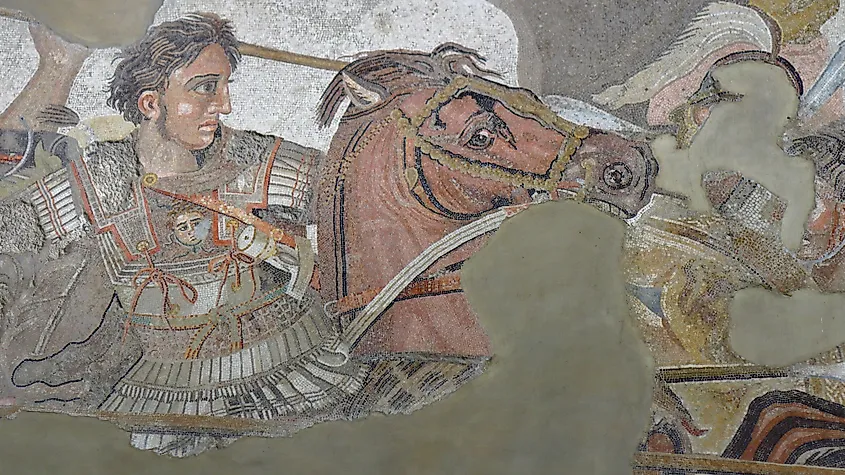
Alexander III of Macedonia earned his nickname of ‘Alexander the Great’ by being a fearless king, undefeated in battle, who fundamentally altered the geopolitical landscape of the ancient world. Born in 356 BC, Alexander became ruler of the expanding Macedonian empire at just 20 years old when his father, Philip II, was assassinated by his bodyguard in 336 BC. This wasn’t as daunting to the young ruler as you’d think. Alexander was already well-versed in military matters, having squashed a rebellion in Thrace when he was 16 and led the cavalry in battle at 18.
Alexander wasted no time stepping into his expansionist father’s footsteps. He led his army into Asia in 334 BC on a campaign that would last over a decade, but end in the defeat of the Persian Empire and with his reach extended into India.
What made Alexander such an effective commander? His innovative approach to battle. Alexander employed a number of tactics in the field and encountered all types of warfare, from sieges to guerrilla fighting and desert wars. He was a flexible leader, and he brilliantly refined his father's combined arms warfare approach, which uses different branches of the military in coordination with each other. This adaptability gave his armies the edge in rough terrain and often gave him the added elements of speed and surprise.
Alexander died in Babylon a month before his 33rd birthday, after suffering a short illness that some historians believe was pancreatitis, while other theories suggest an infectious disease such as typhoid or malaria. There has even been speculation of alcohol poisoning or assassination. Regardless of cause of death, however, his short reign had changed the world, ushering in the Hellenistic period when Greek tradition, culture, and rule dominated much of the known world.
Hannibal Barca
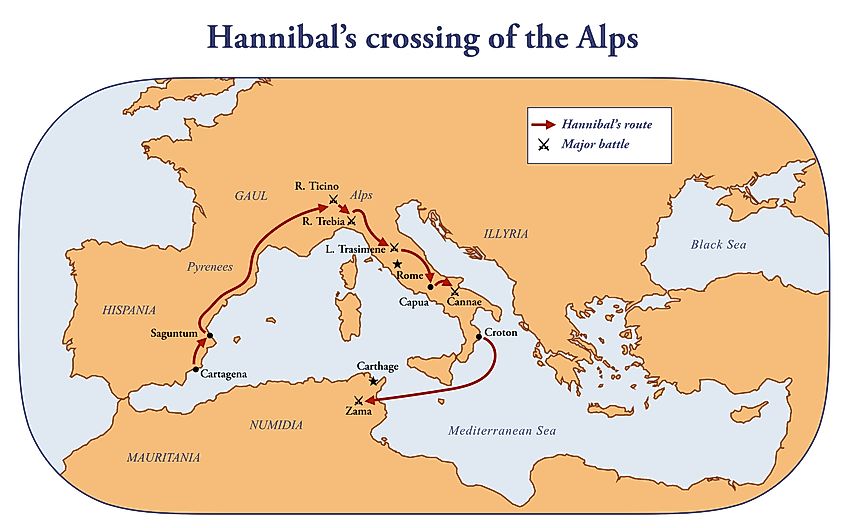
“I will find a way, or I will make one.” This famous quote, often attributed to the legendary Carthaginian Commander Hannibal Barca, sums up how history views this battlescarred general. Strong, resilient, and cunning, Hannibal is best known for leading his army across the Alps to surprise the Romans, who believed the mountain range was an impassable barrier.
Born in 247 BC, Hannibal was born into his military birthright. His father, Hamilcar Barca, was a renowned general who raised his son to hate Rome and dedicate his life to fighting against the republic. Carthage, Hannibal’s hometown, was a powerful trading port with outposts throughout the Mediterranean. Its prosperity and influence often led it into conflict with Rome, a series of battles known as the Punic Wars. The young Hannibal grew up against the backdrop of this longstanding enmity.
Hannibal became an army commander at 26, after years of military training in Spain and active campaigning under his father. He quickly began honing his own tactics, establishing a light and heavy cavalry supported by highly disciplined infantry. In 219 BC, Hannibal led an assault on the city of Saguntum, which was under Roman protection. The city fell after an eight-month siege, kicking off the Second Punic War, which would become one of the bloodiest conflicts of the ancient world.
Rome expected the Second Punic War to resemble the first, in which the battlegrounds were territorial states. They didn’t expect Hannibal to bring the fight to their door and, as such, they left the Alpine passes into Italy undefended. In one of the greatest moves in military history, Hannibal marched his army of thousands (not to mention 37 elephants) over the Alps in 218 BC, a grueling five-month, thousand-mile journey that brazenly brought the battle into the heart of Roman territory. In the end, however, Hannibal’s army never reached Rome. They spent 15 years fighting Roman troops throughout Italy before being recalled to Carthage to unsuccessfully defend the nation at the Battle of Zama in 202 BC.
Rebellious to the end, Hannibal died in 183 BC, when the Roman army tracked him down to his house in Bithynia. As soldiers prepared to storm the building, Hannibal swallowed a lethal dose of poison, determined not to be captured and paraded through Rome. After more than a decade of sustained conflict that severely weakened Roman forces, Hannibal’s bitter crusade was over.
Scipio Africanus
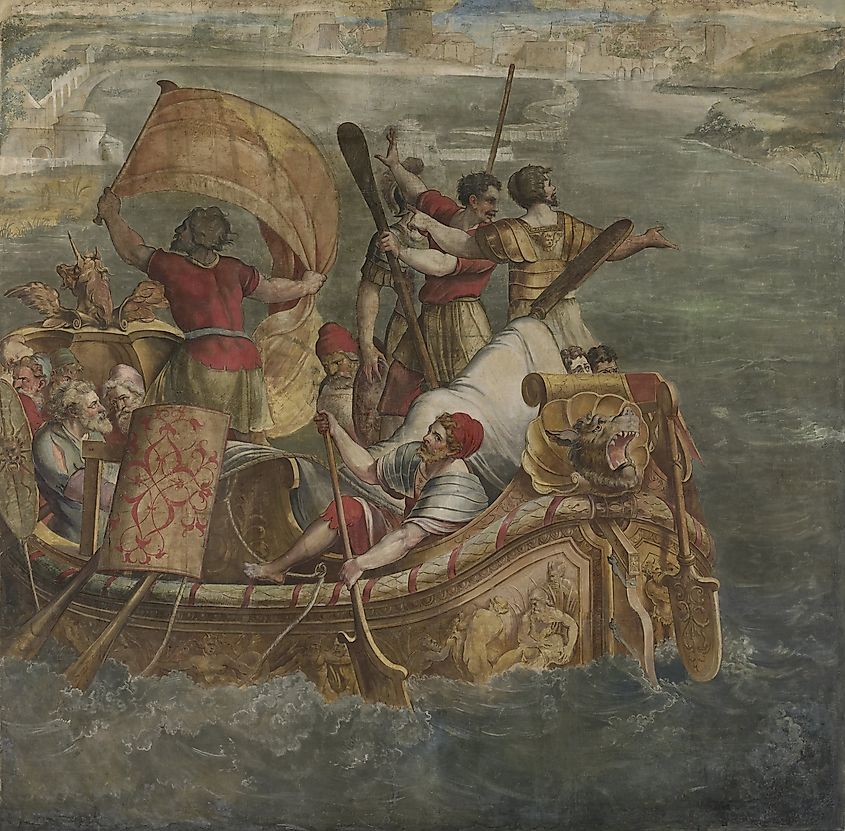
The commander who bested Hannibal at the Battle of Zama also deserves a place in the ancient military hall of fame. Scipio Africanus was born in 236 BC in Rome and, much like his rival Hannibal, had a father who was a well-respected army general. Scipio got his first taste of military leadership as a military tribune at Ticinus with his father in 218 BC. With his father wounded and Roman forces outflanked, Scipio charged forward and allowed for a strategic escape. In 210 BC, he was appointed to command Roman forces in Spain despite being very young, a move which would mark the start of his legacy.
What distinguished Scipio was the loyalty of his troops — who he referred to as ‘comrades’ rather than soldiers — and his brilliance as a tactician. Scipio was one of the first generals to develop a playbook of tactics that could be deployed in the moment. Rather than directing his army forward or back, Scipio positioned himself apart from the battlefield so he could observe how the battle evolved and respond accordingly. While it seems obvious now, this was relatively uncommon at the time. Romans placed a high value on generals fighting alongside their men; staying on the outskirts while the battle raged was seen as cowardice.
Scipio was a politician and a statesman as much as he was a military leader. This taste for leadership and negotiation meant that he had a broader vision than most Roman generals, carefully assessing the merits of each conflict rather than blundering into battle. Following his great victory over Hannibal at the Battle of Zama, Scipio helped broker a peace deal that ended the Second Punic War and ushered in a period of stability.
Scipio returned to Rome as a hero in 201 BC and served in the senate until he was brought down by his political opponents. Retreating into exile, he died around 184 BC at his country villa outside Rome.
Julius Caesar

Perhaps the most famous of all ancient military commanders, Julius Caesar is immortalised in popular culture thanks to Shakespeare's play bearing his name, the phrase ‘crossing the Rubicon,' and his namesake casino in Las Vegas. But before Caesar became the divisive figure he is today, viewed as either a power-hungry tyrant or a strong and savvy leader, he was an important player in Rome's transformation from republic to empire.
Born Gaius Julius Caesar in 100 BC, Caesar did military service as a young man, but initially decided on a career in politics. Climbing the ranks, he obtained a number of powerful positions en route to becoming a general. The most impressive of his campaigns was the war in Gaul, which lasted from 58 to 50 BC and won the territory for Rome, giving it a strong foothold in northern Europe.
Back in Rome, Caesar’s political rival, Pompey, aligned with the Senate and began a series of political machinations to erode Caesar’s growing power. Buoyed by his impressive victory over Gaul, Caesar marched his army homeward, knowing that bringing his troops over the Rubicon River would start a civil war.
As the army moved south, Pompey and his allies fled Rome, leaving the way clear for Caesar to establish a new dictatorship. Caesar didn’t rule for long, however. He was assassinated in 44 BC after being stabbed to death by a group of around 60 senators. Caesar is remembered as one of the military greats due to his acumen for combining political manoeuvring with military might. His shrewd statesmanship and willingness to exploit his victories for propaganda purposes make him a compelling, albeit polarising, figure.
Legends of History
The above commanders may have lived in different eras and faced very different challenges, but they all share the qualities that make great leaders: ruthlessness, resilience, adaptability, and conviction. Military power looks a lot different now than in the ancient world, thanks to advances in technology among other things, but strategic thinking and strong leadership will always leave their mark. From combined arms warfare to guerrilla fighting on rough terrain, and from motivating troops to mobilising elephants, these heroes of the ancient world pioneered many warfare tactics still in use today, ensuring that their legacy continues to change the world.

